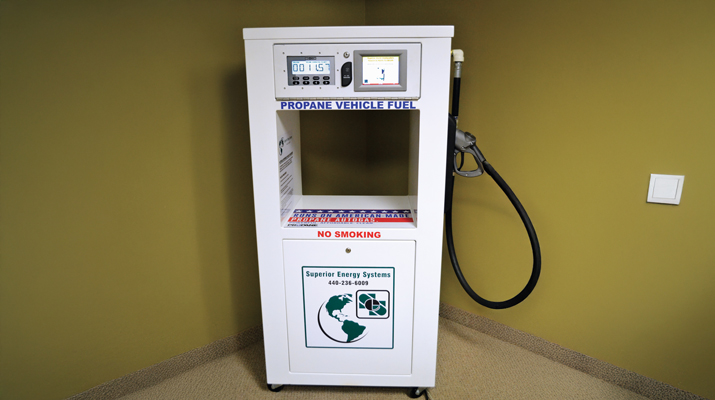You, your lawyer and the insurer
For those that have a standard commercial general liability insurance policy, there are rules that define the relationships between you, your lawyer and the insurance company. Understanding these rules is important should you ever face a lawsuit defended by an attorney that was selected by your insurer.
 John McCoy |
If an insurance company selects the attorney who defends you, you probably have a policy that gives the insurer the right to control and direct the defense of your case, including the selection of counsel.
This attorney represents your interests and is known as liability counsel. He is required to advise you and the insurer about his professional opinion on the potential liability you may have and the potential monetary and other exposures you may face in the case.
Liability counsel is not coverage counsel. Coverage counsel for you, the insured, would be retained at your own expense should a dispute on coverage arise. The insurer would retain coverage counsel separate from your liability counsel.
When liability counsel reports developments in the case, he will make recommendations on several factors, such as actions to be taken to defend the case, the risks of winning and losing, what the theory of the plaintiff is to win, what the defense theory is to win, the potential jury verdict and what he thinks it would take to resolve the case.
The insurer that controls the defense then makes the decision on how to proceed. It has many options.
The insurer may seek to get the case dismissed by filing a dispositive motion. It likely will hire experts recommended by defense counsel to provide opinions on liability and damage issues. It may have defense counsel engage in informal settlement discussions with some or all of the involved litigants. It may seek a more formal means of resolution such as a mediation or arbitration. It may decide yours is a case to go to trial on.
Insurers and liability counsel always consider and seek input from their insured. But, in the end, a typical commercial general liability policy leaves the final decision up to the insurer. Liability counsel then executes on that decision.
The insurer must have a good faith basis to take actions on a lawsuit or claim. To meet this good faith basis it must take care to investigate the pending claim on a timely basis.
Part of your obligation as an insured entity is to cooperate in the defense of the case and not do anything to prejudice the defense of the case. The peril to you is that if you do not cooperate in the defense or you prejudice the insurer’s ability to defend that could be a basis for the insurer to avoid coverage under your insurance policy. Coverage counsel would bring this type of action.
Cooperation means, at a minimum, assisting in the investigation, producing records and appearing at depositions and trial.
To avoid prejudicing the defense you should avoid assisting parties adverse to your position in the case, always report potential claims to your insurer timely and keep pertinent service and training records.
Always discuss any and all concerns you may have about your role and your obligations in a case with your insurance agent, claims handler and liability counsel. Understanding your role and your obligations will make the experience of a lawsuit more tolerable, if not more pleasant.
John V. McCoy is the president of McCoy & Hofbauer, S.C. and specializes in the representation of propane companies. He can be reached at 800-599-8300 or jmccoy@mh-law.us.
















